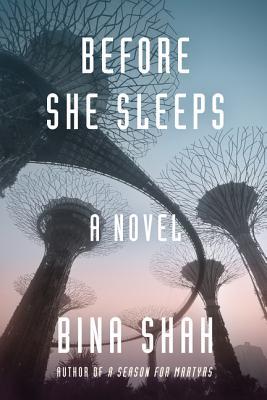What do you think?
Rate this book


250 pages, Hardcover
First published August 7, 2018
He hoped Lin had obeyed him and gone back to the Panah. She was not one for obedience; yet it was he who obeyed her plea and was making this mad dash to save Sabine from whatever danger she was in.
Oh, Lin. What could he say about Lin that he hadn’t told himself a thousand times before? He couldn’t refuse her. He never could. Since they’d begun their affair, she’d ruled him, and he’d enjoyed it. She conquered his body with a skill or a magic that had taken him prisoner from their very first night together.

I wrote specifically about this book's amazing opening line in my Great Opening Lines - and Why! (July 2022's Great Opening Lines) post.
When I got to the Panah, I was unused to the sight of women’s bodies not swollen and distorted by pregnancy. It seemed wrong, at first, as if something was missing. It took me months to realize that a woman’s stomach wasn’t always convex; that its default state was not always filled with another being.